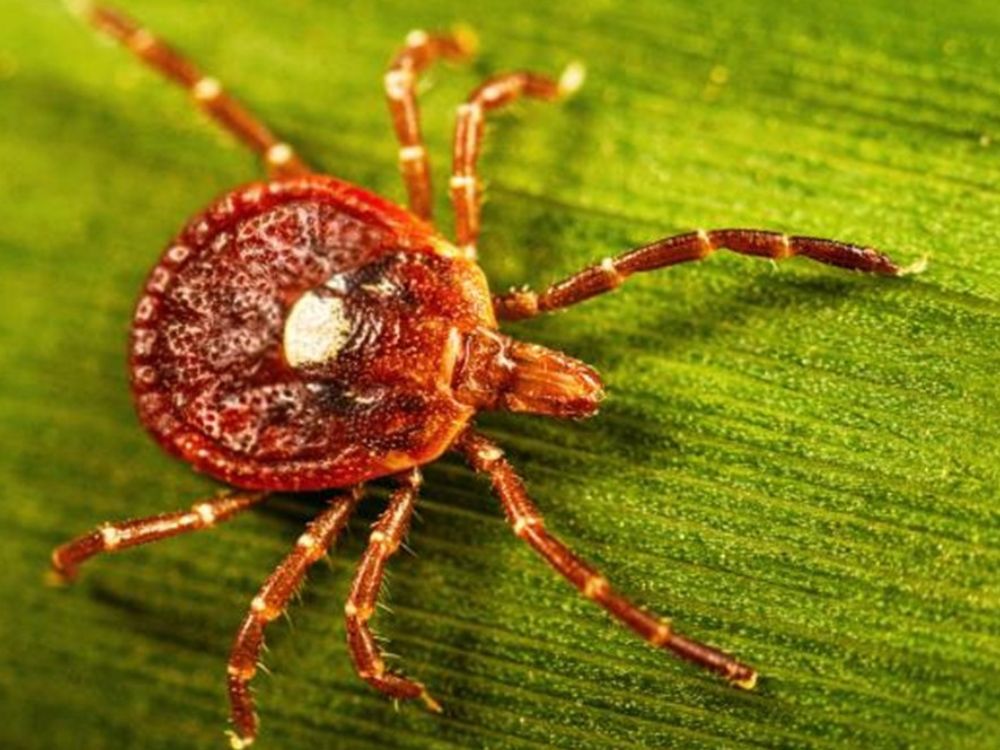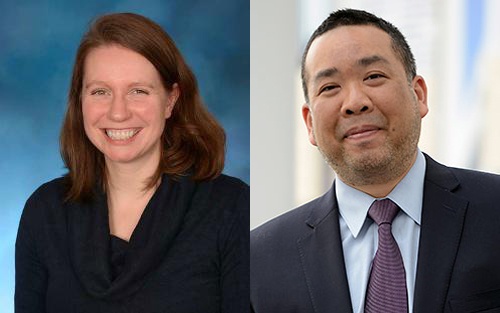
At the end of 2024, 40.8 million people globally were living with HIV, according to the World Health Organization (WHO). In Nigeria alone, an estimated 2 million people were living with HIV as of last year, according to UNAIDS.org.
And while medication and treatment continue to help improve mortality outcomes, medical infections aren’t the only struggles patients diagnosed with HIV are facing. Those living with HIV, according to HIVinfo.NIH.gov, are twice as likely to struggle with depression.
In an effort to combat this compounding crisis, the University of Maryland School of Nursing (UMSON) is working to bring mental health care to Nigerians diagnosed with HIV. But in a region already plagued with a lack of access to medical resources, UMSON had to find a way to meet patients where they are.
“We understood the fact that the health care system in Nigeria is very fragmented,” said Charlotte Nwogwugwu, DrPH, BSN, RN, HIV PCP, CPH-BC, assistant professor and director of the Office of Global Health, UMSON.
“Now, there is no perfect health care system, but when you compare it to [the United States], there is a lot that needs to be done,” she added. “We understood that we were not necessarily trying to create a new health care system, but more primarily [trying] to strengthen what was already available.”
Building on Existing Rapport

Nwogwugwu launched The BRAVE (Building Resilience and AIDS Care Through Mental Health Valor and Empowerment) Project, which has built on already established medical partnerships in Nigeria, working with roughly a dozen clinics to build the capacity of doctors, nurses, and community health workers.
“In Nigeria, a lot of people who are living with HIV and AIDS don’t typically get access to mental health care,” Nwogwugwu said.
Across the globe and in Nigeria, especially, she added, there is so much stigma around seeking care. And, she added, there has been a concerning and still growing rise in suicide rates.
The training BRAVE provided was intensive and taught medical workers in HIV clinics in Nigeria’s Imo State how to assess, diagnose, and treat mental health conditions in patients seeking treatment for HIV. It also created a treatment referral pathway and includes a fund to help provide mental health medications at minimal or no cost.
Pairing mental health screenings and treatment with already established care from trusted professionals helped to remove some of the treatment barriers, she said.
“They’ve developed a rapport,” said Theddeus Iheanacho, MBBS, DTM&H, associate professor adjunct of psychiatry and director, Global Mental Health Promotion at Yale University School of Public Health who has worked with Nwogwugwu on the project. “It kind of made clinical sense to actually build on [the existing provider relationships]. Even if we’re going to bring in additional people — which we’ve done — it’s building it on top of that relationship they have with the clinicians that they’ve known for years.”
Lessons Learned from Global Partners
BRAVE was built on the shoulders of the HAPPINESS Project out of Yale University in Connecticut, which works to increase access to evidence-based treatments for mental, neurological, and substance use disorders in Nigeria. The BRAVE Project was funded through a University of Maryland, Baltimore (UMB) 2023-24 President’s Global Impact Fund project, which was awarded $150,000 over three years.
Iheanacho said there were several unanswered questions when he and Nwogwugwu were assessing if it was even possible to integrate mental health into the HIV clinics in Nigeria.
“What’s the best way to do it? Who do you train? How do you train them?” Iheanacho said they asked. “Those are the sort of questions that haven’t been really answered in Nigeria, at least in most of West Africa … and a lot of low- and middle-income countries.”
In three years alone, Nwogwugwu and her team have trained over 60 clinicians. Those medical professionals have been able to screen approximately 4,000 patients since the project started, and over 300 patients were referred for treatment with a psychologist or psychiatrist on the team.
And if this model works in Nigeria, can it work elsewhere in the world?
UMSON was able to include graduate students in this project through its Office of Global Health. Having students participate in the work in Nigeria allows them to compare health care infrastructure in Africa and America, Nwogwugwu said.
“The main focus of this was also to have students explore [and] be engaged in global learning and to really understand how different health care systems function,” she said. “We know that in the U.S., the health care system is not perfect, and there is … actually so much that we could learn from our partners beyond our borders.”
“What are some of the opportunities within the health care system that make the system in Nigeria — even with its imperfections — work effectively, and how can we also utilize some of those systems and improve them?” Nwogwugwu added.



